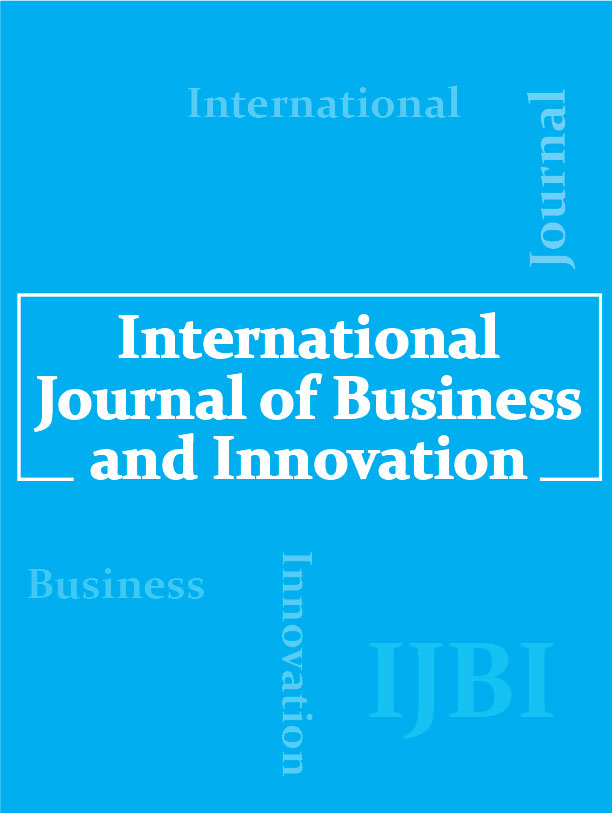Abstract
The purpose of this paper is to develop a theoretical model of corporate social responsibility disclosure from Islamic perspective in the case of Sudan, by applying the system-oriented theories (i.e. political economy, legitimacy and stakeholder theories), and economic incentives, such as the agency theory. This paper conceptualizes the influence of the characteristics of some banks (i.e. their size, profitability, and Islamic investments), and the effectiveness of the Shariah Supervisory Board (SSB), as moderating variable, on the level of corporate social responsibility disclosure in the Islamic banks‟ annual reports. The conclusion drawn from the literature is that the characteristics of Islamic banks; especially bank size, profitability and Islamic investments potentially have an influence on the level of Islamic social information disclosure in the Islamic banks‟ annual reports. In addition, the presence of an effective Shariah Supervisory Board in Islamic banks is proposed to positively moderate this relationship.
